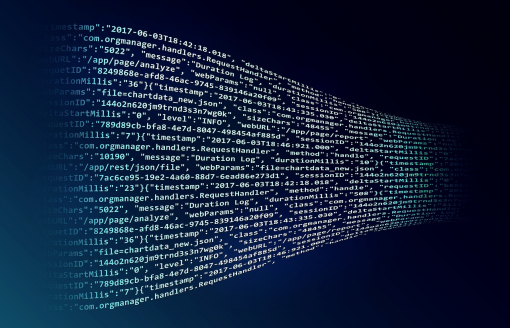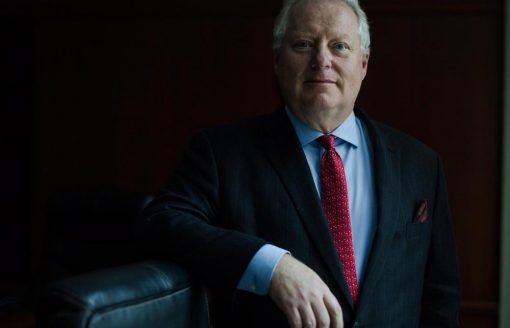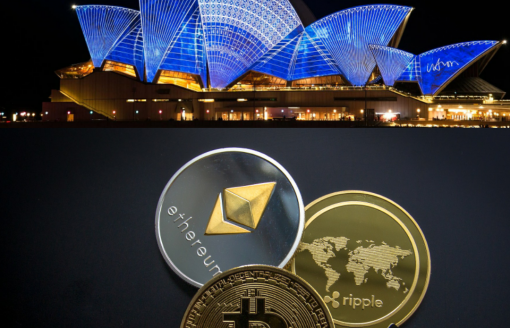Kolionovo, a small village on the periphery of Moscow, has lately grabbed eyeballs after, Mikhail Shlyapnikov, a banker turned farmer has led the village in a potato driven cryptocurrency revolution.
In 2007 when Mikhail was diagnosed with an inoperable cancer and he decided to leave his banker’s life and get down to farming. He shifted to the dying village of Kolionovo just outside the Russian capital with hopes of reviving the village through farming. Five years later, when he needed money to expand his nursery he approached the banks to avail a business loan but they were charging 12%. When put in a helpless position humans usually game up to achieve the unexpected and that’s what he did. As the solution of the problem he created his own currency.
The farmer describes the situation saying;“I didn’t want to suffocate and be a slave to the banks, so I had to invent my own money. And I did it. I’m my own bank, government, and regulator.”
In 2014, he started by issuing paper money called Kolions, named after the town, but the practise was shut down by the court in less than a year concluding that his actions undermined government’s financial institutions. He being his usual optimistic self didn’t give up on the idea, rather he decided to turn Kolions into cryptocurrency which he launched with an ICO(initial coin offering) in 2017 that raised $500,000.
Unlike other cryptocurrencies that can be mined using a computer, Kolians are ‘plowed’ which means that kolions can only be earned by helping residents of Kolionovo with their farm chores or construction projects and can also be exchanged for other cryptocurrencies. Introduction of Kolians in the village has brought humongous change in the way people do business in Kolionovo.
The revolutionary farmer’s sustained efforts have convinced about a hundred farmers and suppliers of Kolionovo to be a part of what he calls the “Kolionovo Ecosystem”, exchanging goods and services for Kolions to the point where Ruble has become uncommon in the community.
There is currently about $2 million worth of Kolions backed by a reserve of 500 Bitcoins (approximately $3.7 million). Shlyapnikov describes what they have done in the little village as, connecting cryptocurrency with the real economy by exchanging the unstable Ruble. “This way we can attract real money into the business,” He said.As of now, Shylapnikov has no plans to expand his “Kolionovo Ecosystem”. “I’m not ready to save the world or even Russia, I want to be comfortable and I want to share this comfort with the community.” He told CNN.






What is the White Rabbit ICO?